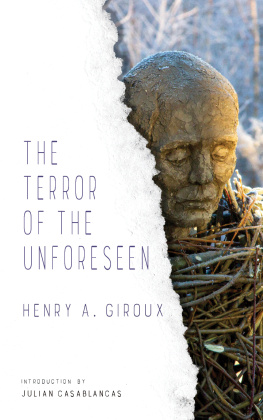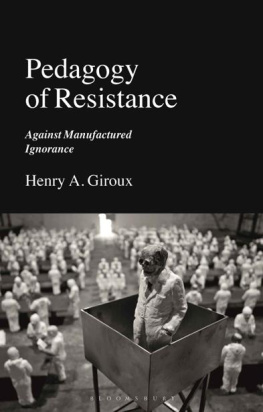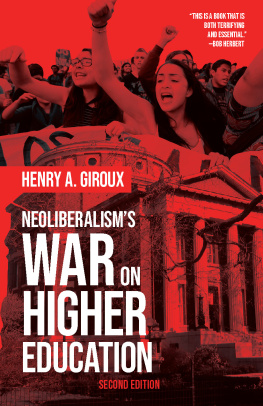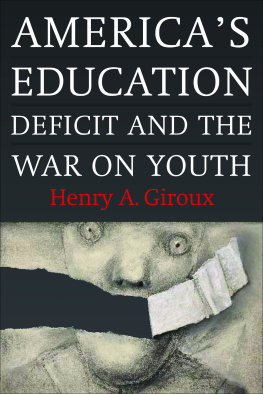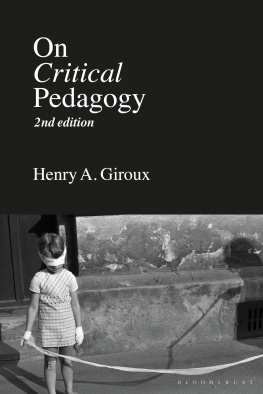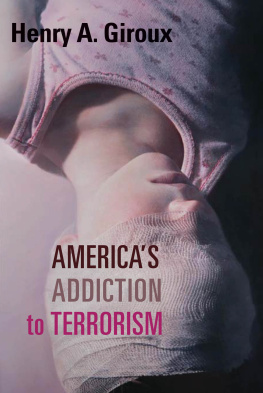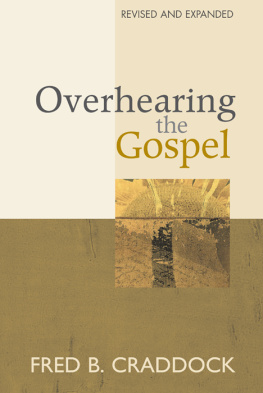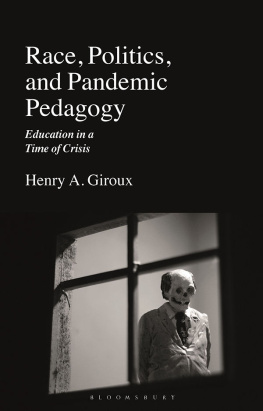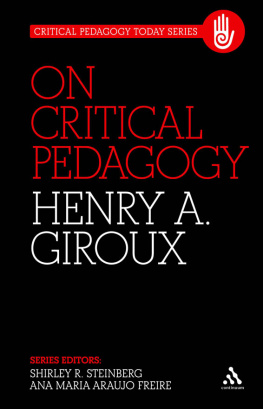Theory and Resistance in Education
Critical Studies in Education and Culture Series
The Rhetoric of Diversity and the Traditions of American Literary Study: Critical Multiculturalism in English
Lesliee Antonette
Becoming and Unbecoming White: Owning and Disowning a Racial Identity
Christine Clark and James O'Donnell
Critical Pedagogy: An Introduction, 2nd Edition
Barry Kanpol
Michel Foucault: Materialism and Education
Mark Olssen
Revolutionary Social Transformation: Democratic Hopes, Political Possibilities, and Critical Education
Paula Allman
Critical Reflection and the Foreign Language Classroom
Terry A. Osborn
Community in Motion: Theatre for Development in Africa
L. Dale Byam
Nietzsche's Legacy for Education: Past and Present Values
Michael Peters, James Marshall, and Paul Smeyers, editors
Rituals, Ceremonies, and Cultural Meaning in Higher Education
Kathleen Manning
Political Relationship and Narrative Knowledge: A Critical Analysis of School Authoritarianism
Peter B. Armitage
Education, Literacy, and Humanization: Exploring the Work of Paulo Freire
Peter Roberts
Critical Education Against Global Capitalism: Karl Marx and Revolutionary Critical Education
Paula Allman
Towards a Pedagogy for the Opposition Revised and Expanded Edition
Henry A. Giroux
Foreword by Paulo Freire
Preface by Stanley Aronowitz
Critical Studies in Education and Culture Series
Edited by Henry A. Giroux





For Susan
Contents
ix
xiii
xv
xix
I
Chapter 1 7
Chapter 2 42
Chapter 3 72
Chapter 4 119
Chapter 5 168
Chapter 6 205
Series Foreword
Educational reform has fallen upon hard times. The traditional assumption that schooling is fundamentally tied to the imperatives of citizenship designed to educate students to exercise civic leadership and public service has been eroded. The schools are now the key institution for producing professional, technically trained, credentialized workers for whom the demands of citizenship are subordinated to the vicissitudes of the marketplace and the commercial public sphere. Given the current corporate and right wing assault on public and higher education, coupled with the emergence of a moral and political climate that has shifted to a new Social Darwinism, the issues which framed the democratic meaning, purpose, and use to which education might aspire have been displaced by more vocational and narrowly ideological considerations.
The war waged against the possibilities of an education wedded to the precepts of a real democracy is not merely ideological. Against the backdrop of reduced funding for public schooling, the call for privatization, vouchers, cultural uniformity, and choice, there are the often ignored larger social realities of material power and oppression. On the national level, there has been a vast resurgence of racism. This is evident in the passing of anti-immigration laws such as Proposition 187 in California, the dismantling of the welfare state, the demonization of black youth that is taking place in the popular media, and the remarkable attention provided by the media to forms of race talk that argue for the intellectual inferiority of blacks or dismiss calls for racial justice as simply a holdover from the "morally bankrupt" legacy of the 1960s.
Poverty is on the rise among children in the United States, with 20 percent of all children under the age of eighteen living below the poverty line. Unemployment is growing at an alarming rate for poor youth of color, especially in the urban centers. While black youth are policed and disciplined in and out of the nation's schools, conservative and liberal educators define education through the ethically limp discourses of privatization, national standards, and global competitiveness.
Many writers in the critical education tradition have attempted to challenge the right wing fundamentalism behind educational and social reform in both the United States and abroad while simultaneously providing ethical signposts for a public discourse about education and democracy that is both prophetic and transformative. Eschewing traditional categories, a diverse number of critical theorists and educators have successfully exposed the political and ethical implications of the cynicism and despair that has become endemic to the discourse of schooling and civic life. In its place, such educators strive to provide a language of hope that inextricably links the struggle over schooling to understanding and transforming our present social and cultural dangers.
At the risk of overgeneralizing, both cultural studies theorists and critical educators have emphasized the importance of understanding theory as the grounded basis for "intervening into contexts and power ... in order to enable people to act more strategically in ways that may change their context for the better."' Moreover, theorists in both fields have argued for the primacy of the political by calling for and struggling to produce critical public spaces, regardless of how fleeting they may be, in which "popular cultural resistance is explored as a form of political resistance."2 Such writers have analyzed the challenges that teachers will have to face in redefining a new mission for education, one that is linked to honoring the experiences, concerns, and diverse histories and languages that give expression to the multiple narratives that engage and challenge the legacy of democracy.
Equally significant is the insight of recent critical educational work that connects the politics of difference with concrete strategies for addressing the crucial relationships between schooling and the economy, and citizenship and the politics of meaning in communities of multicultural, multiracial, and multilingual schools.


